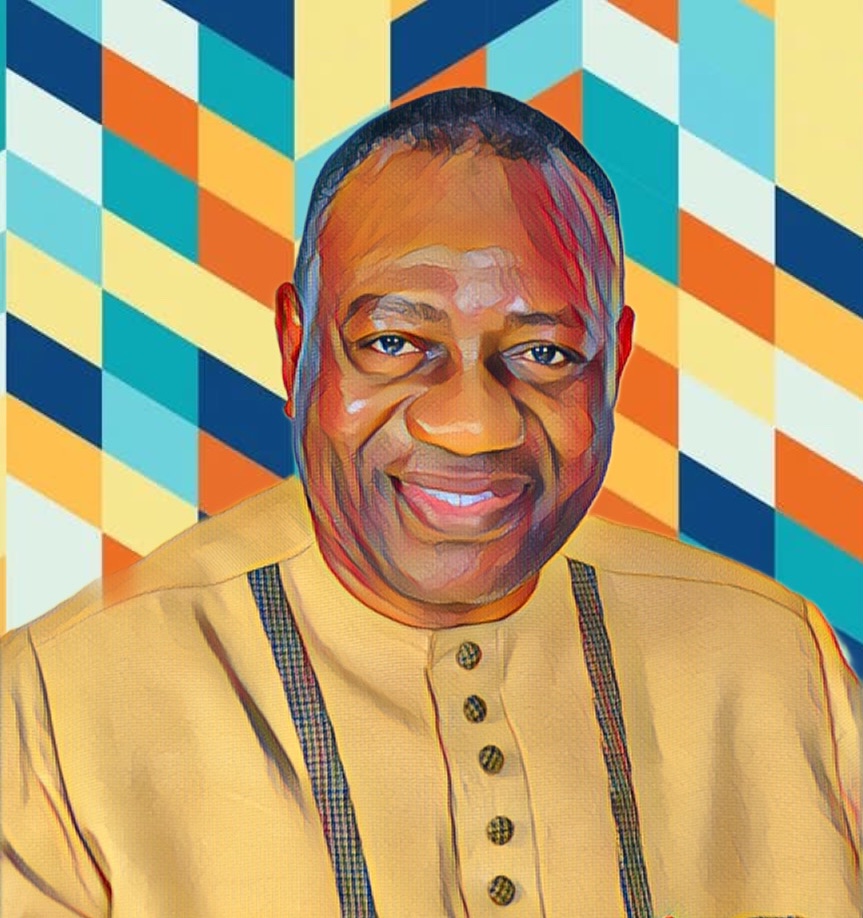Dr. Rashid Pelpuo, a Member of Parliament and a part of the Energy and Mines Committee, has criticized the Electricity Company of Ghana (ECG) for refusing to release a load-shedding schedule despite frequent power outages that affect various parts of the country. Dr. Pelpuo believes that this refusal demonstrates a lack of respect for the Ghanaian public’s right to be informed about ongoing disruptions in electricity supply.
In an interview with Accra-based Peace FM, Dr. Pelpuo, who represents Wa Central, expressed his concern about the inconsistency in power supply, noting that it adversely affects not just the commercial sector but also individual lives. He even shared his personal experience of losing his television set due to power fluctuations.
Residents affected by the intermittent power outages have been demanding a clear and consistent load-shedding timetable from the ECG, which would enable them to plan their daily activities better and mitigate some of the inconveniences caused by the disruptions. Despite these calls from the public, both the ECG and the Ministry of Energy have maintained that there is no need for a load-shedding timetable and that the power supply is stable, which has been met with skepticism and frustration by many, including Dr. Pelpuo.
Dr. Pelpuo believes that acknowledging the problem is the first step toward finding a sustainable solution. He criticized the leadership of the ECG and the Ministry for their indifference to the hardships faced by ordinary Ghanaians due to the power issues. He emphasized the need for transparency and accountability from those in power, urging them to recognize the severity of the problem and engage with the public in a meaningful way to address their concerns. Dr. Pelpuo believes that those who are bold enough to tell Ghanaians what’s going on are the ones who can do the job, but they don’t seem to care about the desires and wishes of the people.
The request for a load-shedding schedule is not just about managing people’s expectations, but also about building public trust and good governance. By failing to provide a timetable, the ECG and the Ministry of Energy leave many Ghanaians unprepared for the power outages that disrupt their daily routine, from domestic chores to business operations. The lack of such crucial communication can worsen the economic impact of power outages, as businesses struggle to operate efficiently and households face increased inconvenience and potential damage to electrical appliances.
Furthermore, Dr. Pelpuo’s appeal highlights a larger issue regarding the relationship between government organizations and the general public. Transparency and proactive communication are fundamental to democratic governance, and by withholding information that directly affects the lives of its citizens, a precedent of non-transparency is set, undermining public confidence in government operations. This situation in Ghana points to a critical moment at which the government’s handling of the energy crisis could significantly influence public perception and trust in the administration.
Therefore, Dr. Pelpuo’s call for a load-shedding timetable is not only about managing power outages but also about fostering a more informed and engaged citizenry. The example of his damaged television serves as an illustrative example of the daily disruptions faced by many Ghanaians, bringing a personal dimension to the debate that many can relate to.
The ongoing situation with Ghana’s power supply presents a significant challenge not only in terms of energy management but also in terms of governance and public relations. As Dr. Pelpuo rightly points out, the absence of a load-shedding schedule is more than an inconvenience—it is a sign of disrespect to the populace, which deserves honesty and respect from its leaders. To resolve this issue, technical solutions alone will not suffice. It requires a commitment to transparent and empathetic governance that considers the needs and wishes of all Ghanaians. By addressing these issues openly and with consideration for the public good, the ECG and the Ministry of Energy can begin to restore public trust and pave the way for more stable and reliable power management in Ghana.
Source: Graphic Online





1 comment
Your article helped me a lot, is there any more related content? Thanks! https://www.binance.info/de-CH/register-person?ref=UM6SMJM3